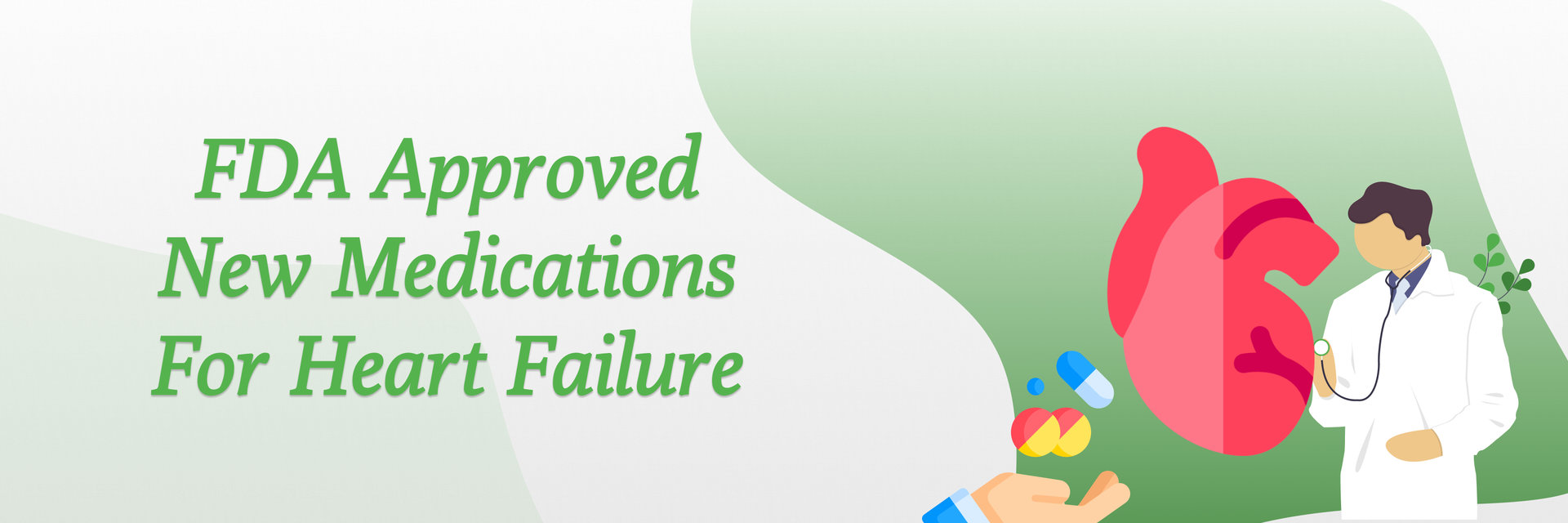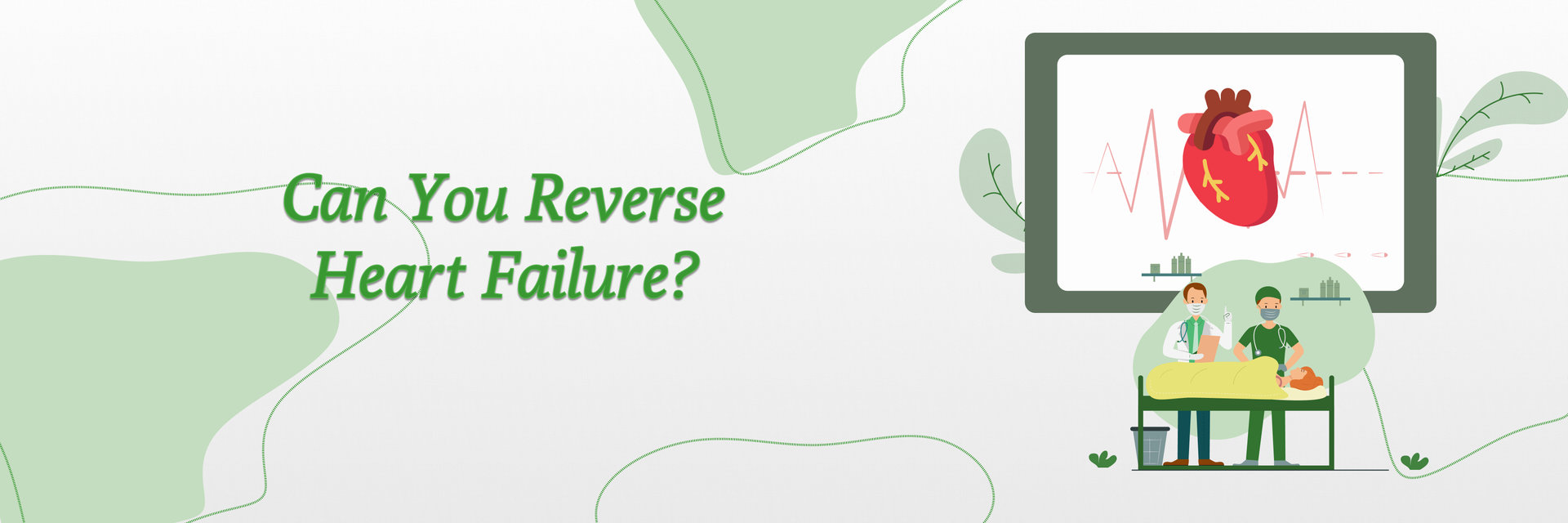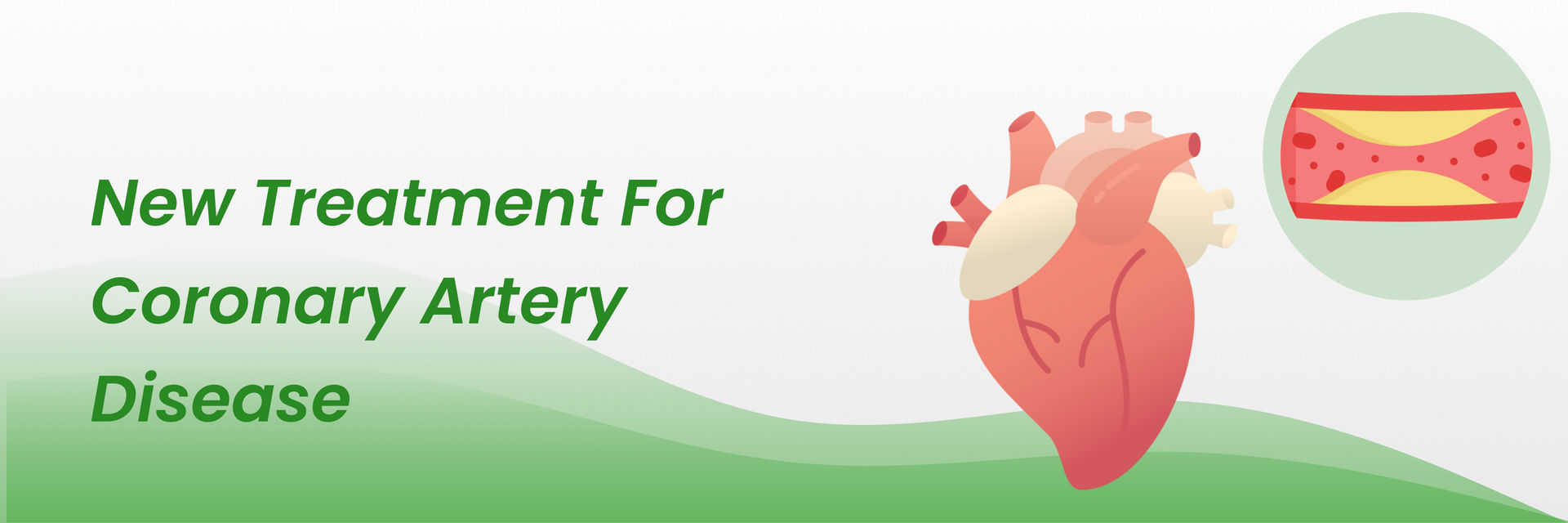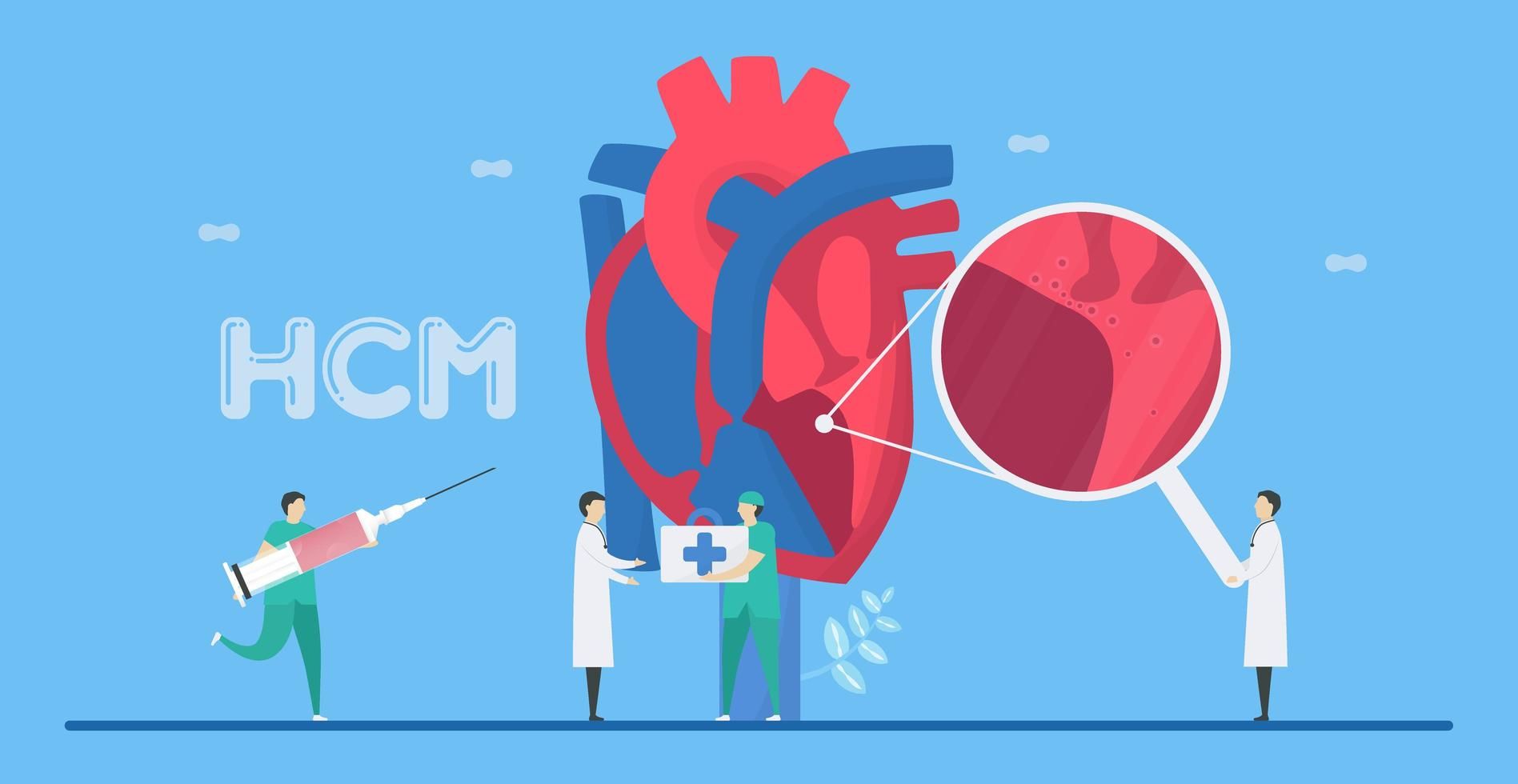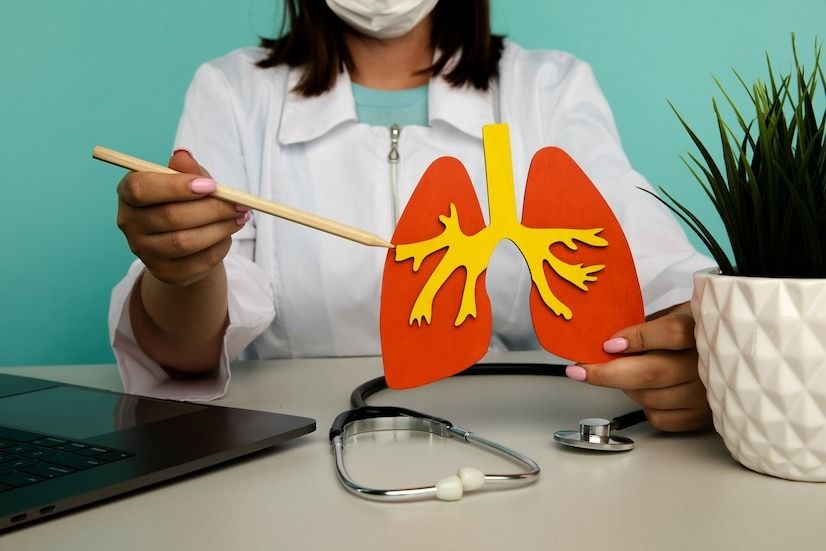But what about the pain? Is it normal?
Is chest pain normal after an ablation procedure?
Chest pain after ablation is normal. Many people experience chest pain after cardiac ablation. The duration for which the pain persists may vary. The intensity of pain after cardiac ablation also varies.
You may feel chest tightness after ablation when you take deep breaths or cough. This is because the pericardium or lining of the heart gets irritated. It is hard to tell who will experience the pain. Sometimes, there is no pain even after complex procedures. While some may experience pain after a simple procedure.
Concerned about chest pain post-ablation? Learn more about what's normal. Don't ignore your health—schedule your appointment now for peace of mind.
So, when can you expect relief?
How long does chest pain last after cardiac ablation?

Chest pain after cardiac ablation typically lasts for a few days to a week. The duration and intensity of pain varies among individuals. Most commonly chest pain after heart ablation is felt while deep breathing and coughing. Chest pain after ablation is a common side effect. This usually resolves on its own.
Let's dive into the reasons behind the pain.
What causes chest pain after ablation?

Chest pain after cardiac ablation has several causes. These causes include:
The anxiety and stress associated with the procedure and the recovery process can sometimes manifest as chest pain.
Here's when you need to worry...
When should I be concerned about chest pain after an ablation?

Wondering about post-ablation chest pain? Know when to be concerned. Take charge of your health—contact us today for guidance and support.
You should be concerned about chest pain if:
- There is severe chest pain after ablation
- You experience shortness of breath, dizziness, or fainting.
- There are symptoms like nausea, sweating, or palpitations.
- There is no improvement in the chest.
If you experience any of these signs, seek immediate medical attention.
Can chest pain after ablation be a sign of a complication?
Yes, chest pain after ablation can be a sign of a complication. Pay attention to the type, severity, and duration of chest pain.
Check if there are any other accompanying symptoms.
The complications that can follow after an ablation procedure include:
- Pericarditis
- Blood vessel injury
- Arrhythmia
Severe chest pain after ablation and breathlessness are some of the concerning symptoms. Get yourself evaluated by a doctor to understand any prevailing complications.
Your action plan for managing pain...
How can I manage and relieve chest pain after ablation at home?

Anything that you do to manage and relieve and manage chest pain after ablation should be as per your doctor’s advice. Here are some general guidelines that may help you to alleviate chest pain after ablation:
- Rest: Rest enough and avoid strenuous activities. Do not lift heavy objects.
- Pain relievers: If your doctor approves, you can take over-the-counter pain relievers like acetaminophen (Tylenol). Avoid non-steroidal anti-inflammatory drugs (NSAIDs) like ibuprofen. They can increase the risk of bleeding or affect the healing process.
- Ice or heat: Apply a cold press or warm compress to the chest area. This can provide some relief. Be cautious while using them to not lead to skin irritation. Make sure you do not apply for a longer duration.
- Breathing exercises: Deep breathing exercises can help reduce discomfort. It also promotes lung expansion.
- Maintain proper posture: sit or stand up straight to avoid putting unnecessary strain on your chest and back.
- Stay hydrated: Drink plenty of water to help prevent dehydration. This helps exacerbate chest pain.
Seeking relief for chest pain after ablation? Discover at-home management tips. Take the first step to recovery—get in touch with us for personalized treatment
Despite everything, if your chest pain keeps on getting intense and worse. Seek immediate medical attention.
Proactive steps for a pain-free future...
Are there lifestyle changes I should make to prevent chest pain after ablation?

A study on people with heart issues found that those who made lifestyle changes had better outcomes. Obviously; everything should be monitored and approved by your doctor.
Let us look at what are the lifestyle changes that can be effective in reducing chest pain after ablation as well:
- Moderate amount of exercise per week.
- Reduce salt consumption.
- Make adequate changes in your diet to reduce cholesterol
- Quit smoking and alcohol consumption.
But does the pain tell us about success?
Is chest pain indicative of the success of the ablation procedure?
Chest pain after ablation may not necessarily be an indication of the success of the procedure. The success of the ablation procedure is usually determined by:
- Restoration of normal heart rhythm: The goal of the ablation procedure is to restore normal heart rhythm. If the abnormal heartbeat is reduced with time you can say that the procedure was successful.
- Reduction in symptoms: Success is also measured by reduction in symptoms. If symptoms like palpitations, shortness of breath, and fatigue are reduced, this indicates a successful procedure.
If your doctor reduces the medications to control symptoms after the ablation procedure this indicates a successful procedure.
The durability of the results over time is also an important factor in determining the success of the procedure.
Understanding chest pain after ablation: Is it a sign of success? Prioritize your well-being—call us to book your appointment today for expert insights.
Chest pain after ablation has other reasons. And it does not indicate the success of the ablation procedure.
Reference
https://www.ncbi.nlm.nih.gov/pmc/articles/PMC8496496/
https://my.clevelandclinic.org/health/treatments/23047-heart-ablation


